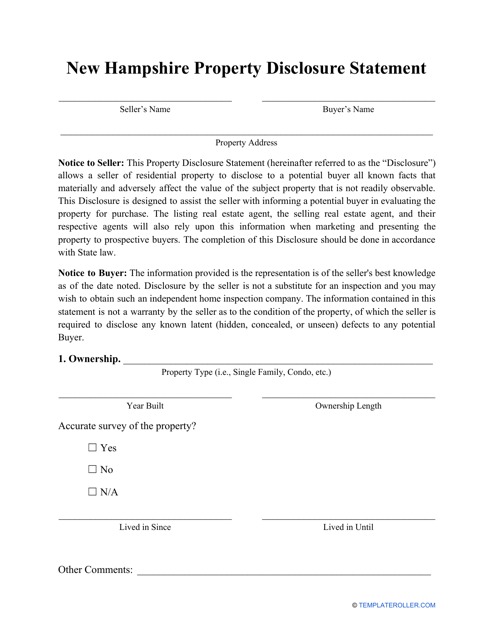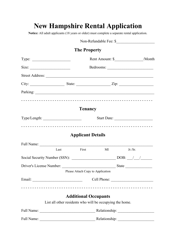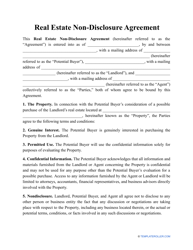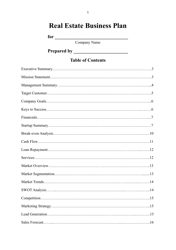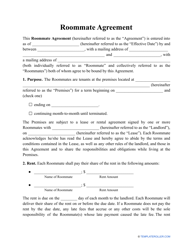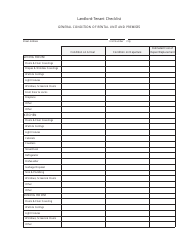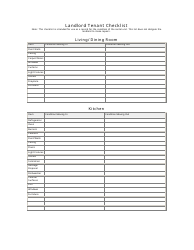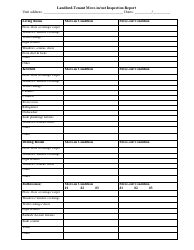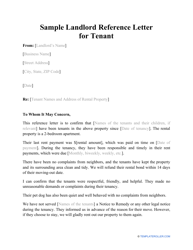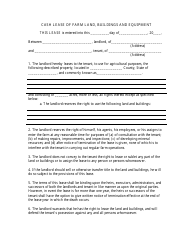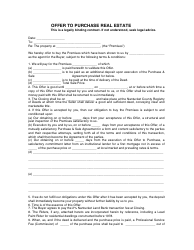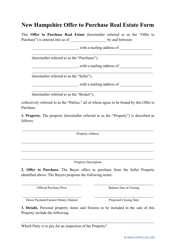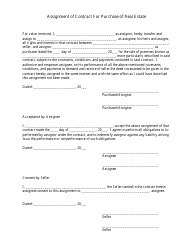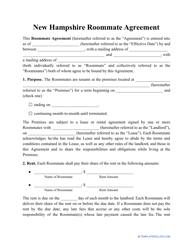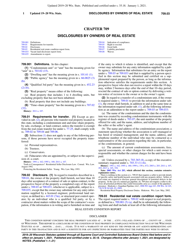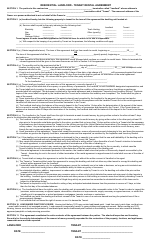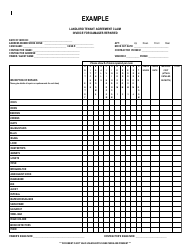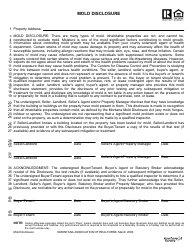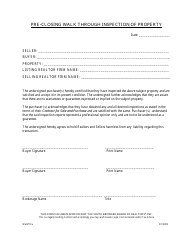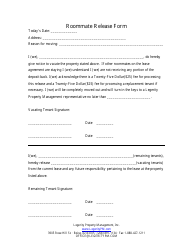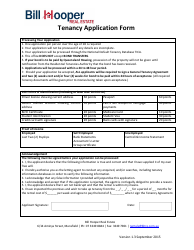Property Disclosure Statement Form - New Hampshire
The Property Disclosure Statement form in New Hampshire is used to provide information about a property's condition and any known issues to potential buyers. It helps buyers make informed decisions about whether or not to purchase a property.
In New Hampshire, the property disclosure statement form is typically filed by the seller of the property.
FAQ
Q: What is a Property Disclosure Statement?
A: A Property Disclosure Statement is a document used in New Hampshire that provides information about the condition of a property being sold.
Q: Why is a Property Disclosure Statement important?
A: A Property Disclosure Statement is important because it helps buyers make informed decisions about a property by providing information about its condition and any known issues.
Q: Who is responsible for filling out a Property Disclosure Statement?
A: The seller of the property is responsible for filling out a Property Disclosure Statement.
Q: What information is typically included in a Property Disclosure Statement?
A: A Property Disclosure Statement typically includes information about the property's age, condition, repairs and renovations, past issues or damage, and any known defects.
Q: Can a seller withhold information on a Property Disclosure Statement?
A: No, a seller is legally required to disclose any known material defects or issues on a Property Disclosure Statement.
Q: Is a Property Disclosure Statement legally binding?
A: While a Property Disclosure Statement is not a contract, it is a legally binding document and sellers can be held liable for providing false or incomplete information.
Q: Are there any exemptions to providing a Property Disclosure Statement?
A: In New Hampshire, some types of transactions, such as foreclosure sales, court-ordered transfers, and transfers between certain family members, may be exempt from providing a Property Disclosure Statement. It is best to consult with a real estate professional or attorney to determine if an exemption applies in your situation.
